The purpose of the United Nations Declaration on the Rights of Indigenous Peoples (UNDRIP) is to enshrine the rights that “constitute the minimum standards for the survival, dignity and well-being of the indigenous peoples of the world.” It was adopted by the UN in 2007. UNDRIP protects collective rights that may not be addressed in other human rights charters that emphasize individual rights and safeguards the individual rights of Indigenous people. The Declaration is the product of almost 25 years of deliberation by U.N. member states and Indigenous groups. (Source)
Elder Maggie and Giuseppe Amatulli discuss UNDRIP at DRFN information session.
“The first of the UNDRIP’s 46 articles declares that “Indigenous peoples have the right to the full enjoyment, as a collective or as individuals, of all human rights and fundamental freedoms as recognized in the Charter of the United Nations, the Universal Declaration of Human Rights(4) and international human rights law.” The Declaration goes on to guarantee the rights of Indigenous peoples to enjoy and practice their cultures and customs, their religions, and their languages, and to develop and strengthen their economies and their social and political institutions. Indigenous peoples have the right to be free from discrimination, and the right to a nationality.” (Source)
We have reviewed and considered the benefits implementation of the United Nations Declaration on the Rights of Indigenous Peoples would have on our people. Our senior staff have analyzed each article and considered what action our community can take to proceed in achieving the aims of the declaration.

In 2019, our Nation worked with Giuseppe Amatulli, a PhD candidate from Durham, England to analyze the declaration and consider what it means for our Nation. Additionally we considered how we could evolve and gain greater autonomy through putting in place mechanisms and structures to achieve the outcomes that the declaration endorses.
Giuseppe’s final PhD research paper is available here.
DRFN community members discussing UNDRIP.
As part of that assessment and consideration process, we held a community workshop in July 2019 to share the declaration with our members. We also facilitated discussions about how we could follow up on opportunities the declaration provides and what that could mean for governance of our Nation in the future.
We continue to consider the advantages provided through the declaration as we develop our planning documents. We intend to continue to work towards independence in governing our Nation through the provisions in UNDRIP.
BC Declaration on the Rights of Indigenous Peoples
The provincial government of British Columbia passed the Declaration on the Rights of Indigenous Peoples Act (Declaration Act) into law in November 2019. The Declaration Act establishes the UN Declaration as the Province’s framework for reconciliation, as called for by the Truth and Reconciliation’s Calls to Action. This historic legislation was developed in collaboration and consultation with Indigenous partners.
The Declaration Act aims to create a path forward that respects the human rights of Indigenous peoples while introducing better transparency and predictability in the work the province and First Nations’ communities do together.
The legislation sets out a process to align B.C.’s laws with the UN Declaration and mandates government to bring provincial laws into harmony with the UN Declaration. It requires development of an action plan to achieve this alignment over time – providing transparency and accountability. It also requires regular annual reporting on progress to the Legislature to provide transparency and accountability as well as monitor progress. In addition, the legislation allows flexibility for the Province to enter into agreements with a broader range of Indigenous governments. It also provides a framework for decision-making between Indigenous governments and the Province on matters that impact their citizens.
For more information on BC’s Declaration on the Rights of Indigenous Peoples, click here.






